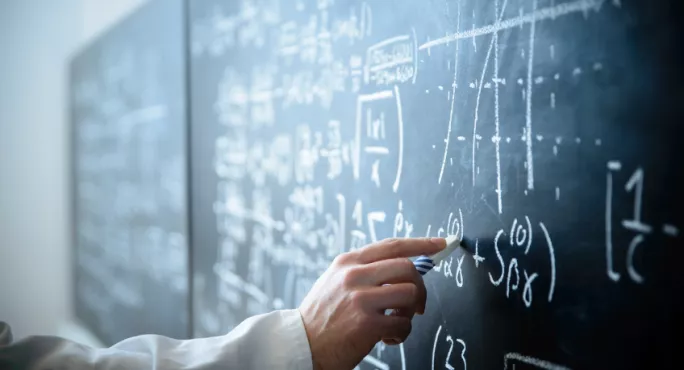The Department for Education's Shanghai mathematics programme has had little impact on pupil results or attitudes towards maths, an evaluation report shows.
The mathematics teacher exchange programme is one of a number of government initiatives, so far costing £76 million, which aim to introduce East Asian maths teaching methods to English schools.
But now the final report of a three-year research project, commissioned by the DfE and carried out by a team at Sheffield Hallam University, says that there was no evidence that just taking part in the exchange programme improved pupils’ attainment.
And a further analysis of those schools which had taken part in the exchange and went on to fully implement Shanghai maths methods for two years afterwards still found no impact on results at key stage 2, although there was evidence of some impact at key stage 1.
The researchers conclude: “There is some evidence that for some of those schools involved in the [first] exchange, there were positive impacts on pupil KS1 mathematics attainment.
"However, as yet there is no quantifiable evidence that the maths teacher exchange is leading to improvements in pupil attainment in mathematics at KS2 over and above changes that were being implemented in contrast schools.”
Do maths mastery methods work?
Nick Gibb, schools standards minister, announced that £41 million would be pumped into training teachers in mastery for maths methods in July 2016, after the first interim report was published showing “early indications” that the exchange had the potential to foster a “radical shift” in maths teaching.
Mr Gibb said at the time that "we are seeing a renaissance in maths teaching in this country, with good ideas from around the world helping to enliven our classrooms" and that expanding the maths mastery approach “can only add to the positive momentum".
“I am confident that the steps we are taking now will ensure young people are properly prepared for further study and the 21st-century workplace, and that the too-often-heard phrase ‘can’t do maths’ is consigned to the past,” he said.
But critics pointed out that there may be other factors involved, such as specialist primary maths teachers in Shanghai only teaching two lessons a day, unlike generalist primary teachers in England.
There were 48 primary schools that took part in the exchange in its first year in 2014-15.
The report compared KS2 Sats data from the 10 schools that took part in the exchange programme and taught maths using mastery techniques to pupils during Year 5 and Year 6 with data from similar pupils in other schools and found that there was no difference between their results.
At KS1, the 16 schools that researchers discovered had most thoroughly implemented mastery techniques over two years had slightly more pupils attaining the "expected level" than similar pupils in other schools.
The report says the lack of impact at KS2 could be due to variations in how mastery was implemented in different schools, because the method is not sufficiently more effective than other methods used or because two years is not long enough to see a change.
They also point out that the positive impact on KS1 teacher assessments could be due to “unconscious systematic bias” on the part of teachers.
The research also shows that while teachers felt pupils enjoyed maths more when taught using the mastery methods, a survey of pupils did not back this up.
And the researchers warn that previous studies in East Asia have found that pupils are less likely to enjoy maths than those in England.
The mathematics teacher exchange programme is due to continue until 2020.




